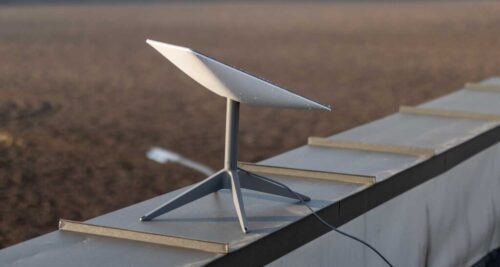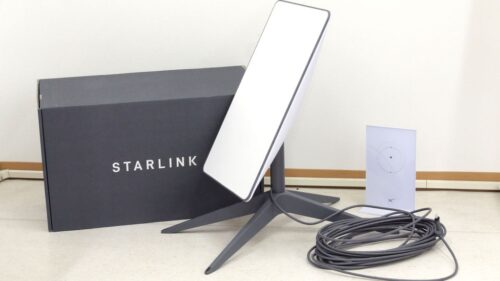
Since October 2024, Nigerians looking to subscribe to Starlink have been unable to purchase kits directly from the SpaceX-owned satellite internet provider. Instead, they have had to rely on third-party retailers, as the company cites overcapacity as the reason for halting direct sales. This development comes at a time when Starlink—which has rapidly gained market share in Nigeria—faces regulatory hurdles and network congestion issues.
Starlink saw a surge in demand in late 2024, quickly becoming Nigeria’s second-largest internet service provider by subscriber base. However, since October 2024, new customers have been placed on a waiting list, with direct orders remaining unavailable. The halt in direct sales coincided with the Nigerian Communications Commission (NCC) blocking Starlink’s proposed tariff increase, adding another layer of complexity to its operations in the country.
New customers in key urban centers such as Lagos, Abuja, Benin City, and Port Harcourt have been unable to order Starlink kits from its official website. Instead, they receive the following message; “Starlink is currently at capacity in your area. However, you can place a deposit now to reserve your spot on the waitlist and receive a notification when service becomes available. We cannot provide an estimated timeframe for availability, but our teams are working to expand coverage as quickly as possible.”
With direct sales frozen, a secondary market for Starlink kits has emerged, dominated by third-party distributors who continue to receive shipments.
Joshua, CEO of JP Gadgets in Ikeja, Lagos, revealed that his stock has remained steady despite Starlink’s official suspension of direct orders. “Starlink is everywhere in the market. I don’t know why they’re not selling directly to individuals,” he said. “It’s possible they’re indirectly pushing customers to buy from distributors in Nigeria. Distributors order in bulk, which gives Starlink a bigger margin.”
Some resellers reportedly use foreign addresses—particularly in Benin Republic and Cameroon—to facilitate activations, bypassing Nigeria’s restrictions. “Nigeria has loose borders,” said Joshua Attah, CEO of The TechCorner in Abuja, a company specializing in Starlink installations.

Due to these alternative supply chains, pricing inconsistencies have become widespread. While the official price of a Starlink kit is ₦590,000 ($375), resellers sell it for as much as ₦650,000 ($413). Installation fees also vary significantly, ranging from ₦30,000 ($19) to ₦50,000 ($32) depending on the service provider and location.
Beyond hardware access, customers have also reported challenges with plan selection, with some being forced onto more expensive packages. “They’re forcing me to use the mobile roaming plan, which is way more expensive,” said Sochima, a network engineer in Lagos who requested anonymity.
Currently, Starlink’s regional roaming plan costs ₦49,000 ($31) per month, while the global roaming package is priced at ₦717,000 ($456)—far beyond what many Nigerian users expected to pay.
Starlink’s inability to meet growing demand in Nigeria, particularly in densely populated urban areas like Lagos and Abuja, comes from capacity limitations. In November 2024, Elon Musk confirmed that Starlink had paused new sign-ups in major African cities due to overwhelming demand.
The company’s ability to expand coverage is contingent on deploying additional satellites or upgrading to high-capacity Starlink V2.0 models—both of which require substantial investment.
As of February 28, 2025, SpaceX had launched 8,039 Starlink satellites, with 7,082 still in orbit and 7,049 currently operational. However, the majority of new deployments have prioritized North America and Europe, where market conditions and regulations favor Starlink’s business model.
To bypass regional activation restrictions, some installers have resorted to creative workarounds. “If a customer in Wuse, Abuja, couldn’t activate their device due to overcapacity, an installer would use an address in Garki, where capacity was still available, to get it activated,” explained Attah.
Additionally, since October 2024, Nigerian customers have faced difficulties accessing Starlink’s support services. Many users report long response times or no response at all when seeking assistance for payment failures, plan changes, or technical issues—in stark contrast to the instant support available to U.S.-based customers.
For now, those looking to join Starlink’s network in Nigeria have two options; either they purchase from resellers at inflated prices or join the official waitlist and hope for direct sales to resume.
As demand continues to outpace supply, it remains uncertain when Starlink will expand its capacity to accommodate new subscribers in Nigeria. Until then, customers will have to navigate the challenges of reseller pricing, activation restrictions, and limited customer support.



